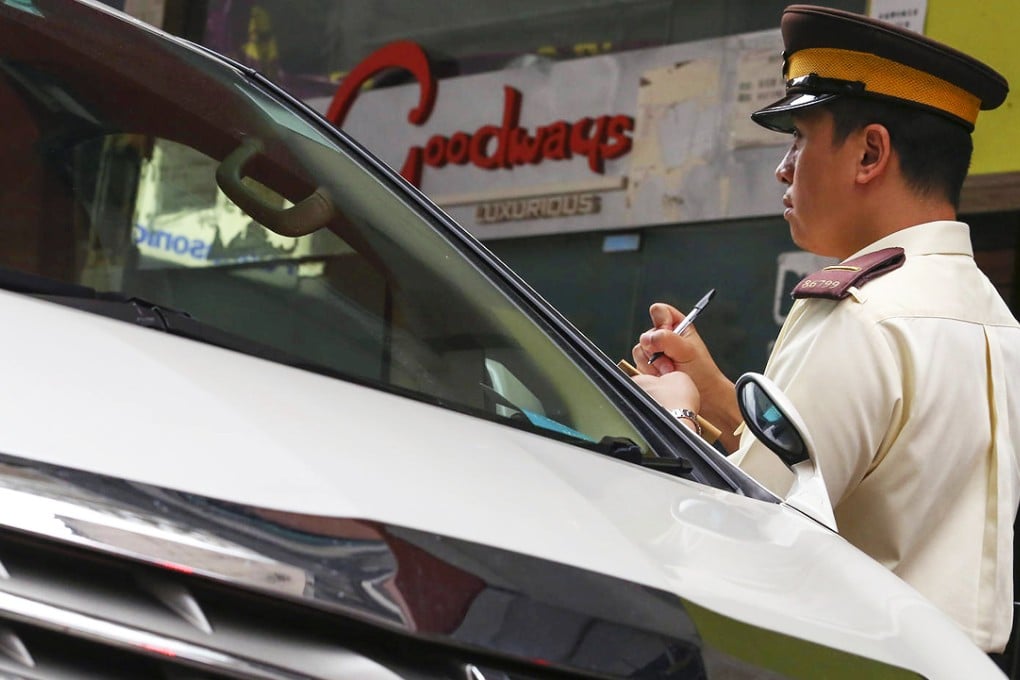10 laws that are broken in Hong Kong every day
Occupy Hong Kong protesters were criticised for breaking laws with their street sit-ins, but ordinary Hongkongers flout plenty of them on a daily basis

Hong Kong prides itself on its rule of law, which has been undeniably crucial to the city's huge success as a global business centre and made it a safe place to live.
"It is fundamental that all persons, regardless of race, rank, politics or religion are subject to the laws of the land," the Department of Justice states on its website.
Although residents may cherish the promise of equal treatment under the law, however, there's no guarantee government edicts will be respected. Protesters occupied the streets last year in an unprecedented show of civil disobedience that lasted 79 days, leaving many other residents outraged by the flagrant law breaking. Ironically, many supposedly law-abiding Hongkongers from all walks of life seem content to break the law on a daily basis, not least drivers - who were particularly irked when protesters closed off major roads.
Here are 10 examples of laws broken every day in the city.
It's 6pm and Chater Road in Central is occupied by multipurpose vehicles double-parked in front of Prince's Building as their owners shop. Moving traffic is forced into a single lane. Motorists often complain there are not enough parking spaces in the city. The solution? Park wherever you like. Figures show police ticketed almost 1.2 million drivers for illegal parking last year, with offences ranging from double parking to obstruction - including parking by fire hydrants, stopping on a zebra crossing and ignoring no-parking signs. With about 640,000 licensed vehicles on the road, that's almost two tickets per vehicle. The penalty for illegal parking is HK$320, but the Legislative Council's transport panel has recommended a 40 per cent increase to HK$448. It also suggested increasing the number of traffic wardens.